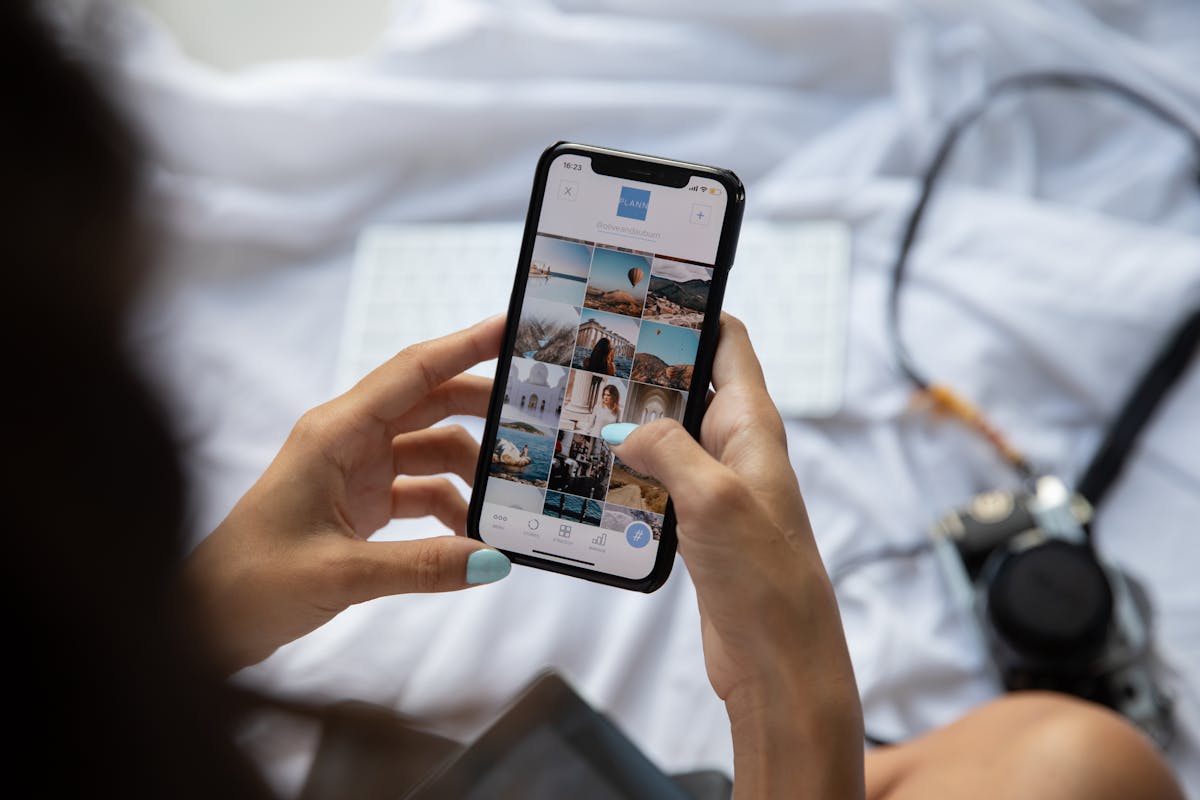Smartphone Battle: iPhone vs. Samsung - Which is Better?

The iPhone and Samsung smartphones are two of the biggest players in the mobile phone market. With each new release, they strive to outdo one another in terms of features, performance, and user experience. In this article, we'll compare the key aspects of these phone giants and help you determine which one is better suited to your needs and preferences.
Design and Build Quality
Both Apple and Samsung have made significant strides in terms of design and build quality. The iPhone boasts a sleek, minimalist design with its iconic glass back and aluminum frame. The Samsung phones, on the other hand, feature a combination of glass and metal, often with thinner bezels and curved displays. Ultimately, design preference is subjective, and both brands offer attractive options.
Display
Samsung is renowned for its stunning displays, particularly the Super AMOLED panels used in its high-end models. These displays offer vibrant colors, deep blacks, and excellent contrast. However, Apple's Retina displays also offer exceptional quality, with excellent color accuracy and sharpness. It's worth noting that Samsung tends to have larger display options, catering to those who prefer a larger screen.
Camera Quality
Both iPhone and Samsung phones have exceptional camera systems. Apple's iPhones typically prioritize image processing and color accuracy, resulting in natural-looking photos. Samsung's cameras, meanwhile, often excel in low-light conditions and offer a wide range of additional shooting features. Ultimately, the camera performance may vary between models, and personal preference plays a significant role in determining the better option for you.
Software and User Experience
One of the most significant differences between these two brands lies in their software and user experience. iPhones run on Apple's iOS, which is known for its smooth performance, simplicity, and regular software updates. Samsung, on the other hand, runs on Android with its own user interface called One UI. Android offers more customization options and flexibility, but some may find it slightly less polished compared to iOS.
App Ecosystem
Apple's App Store is widely regarded as the gold standard when it comes to app selection and quality control. The App Store offers a vast library of curated apps, ensuring high-quality and secure downloads. Samsung's Galaxy Store, while improving over the years, still lags behind in terms of app selection. If having access to the most extensive app ecosystem is crucial to you, then the iPhone has the upper hand.
Price Range and Availability
When it comes to pricing, Samsung generally offers a wider range of options, catering to different budgets. While iPhones tend to be more expensive, they are often associated with premium build quality, exceptional customer support, and longer software support. Samsung phones, particularly their flagship models, can also carry a hefty price tag but offer competitive pricing options in the mid-range and entry-level segments.
In conclusion, the choice between an iPhone and a Samsung smartphone ultimately depends on your personal preferences, priorities, and budget. Both brands have their strengths and are constantly innovating to provide the best user experience. Consider your needs in terms of design, display, camera quality, software, and pricing to make an informed decision. Regardless of your choice, you can't go wrong with either of these industry-leading smartphones.
Disclaimer: This article aims to provide a general comparison between iPhones and Samsung smartphones. Different models within each brand may have varied features and performance. It is advisable to thoroughly research the latest models and specifications before making a purchase decision.
